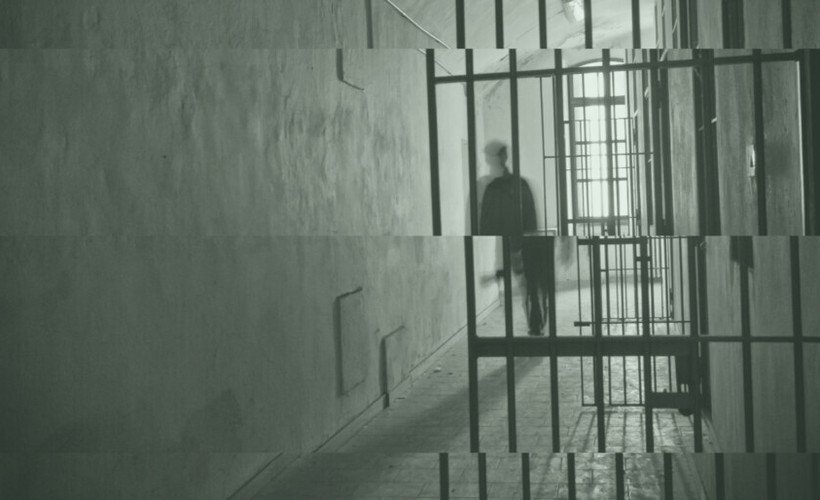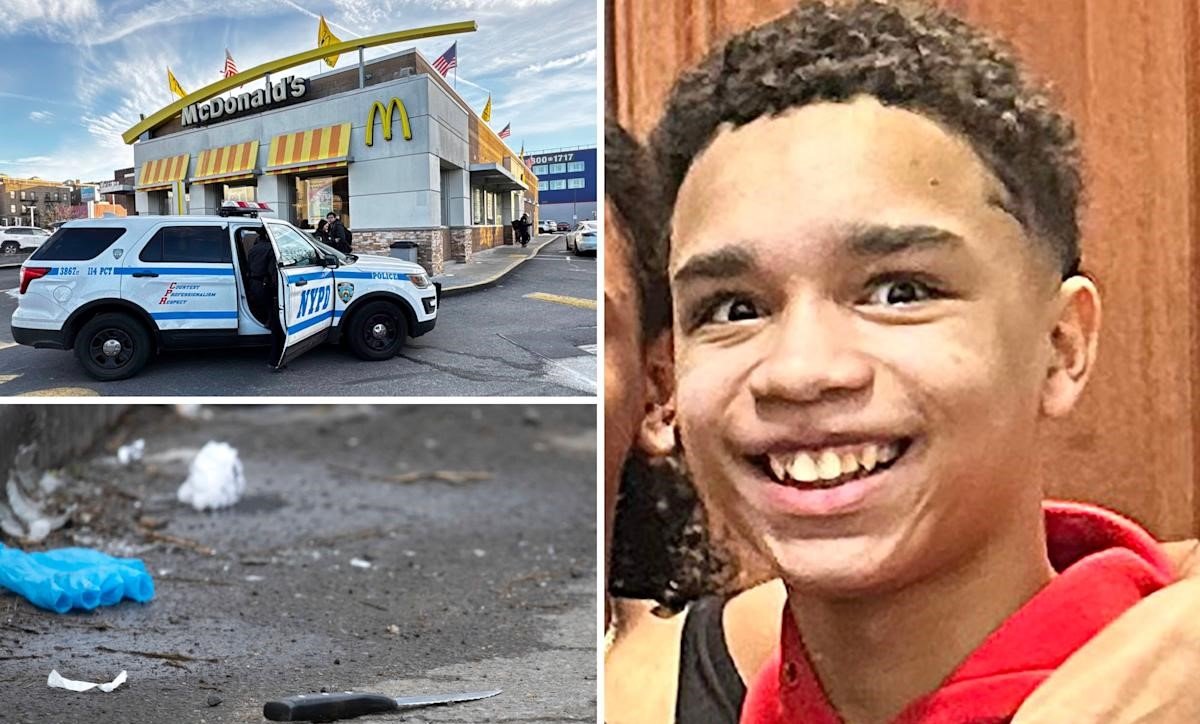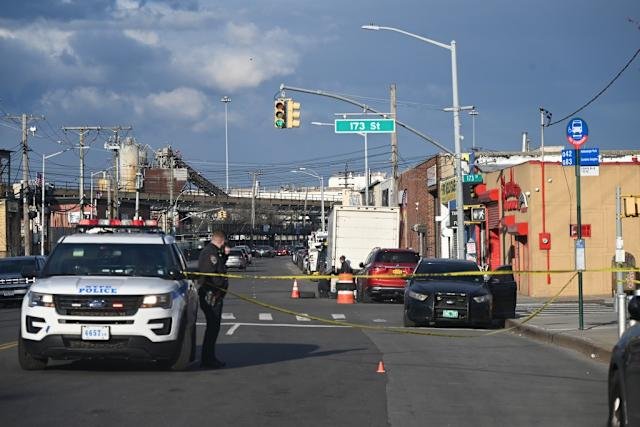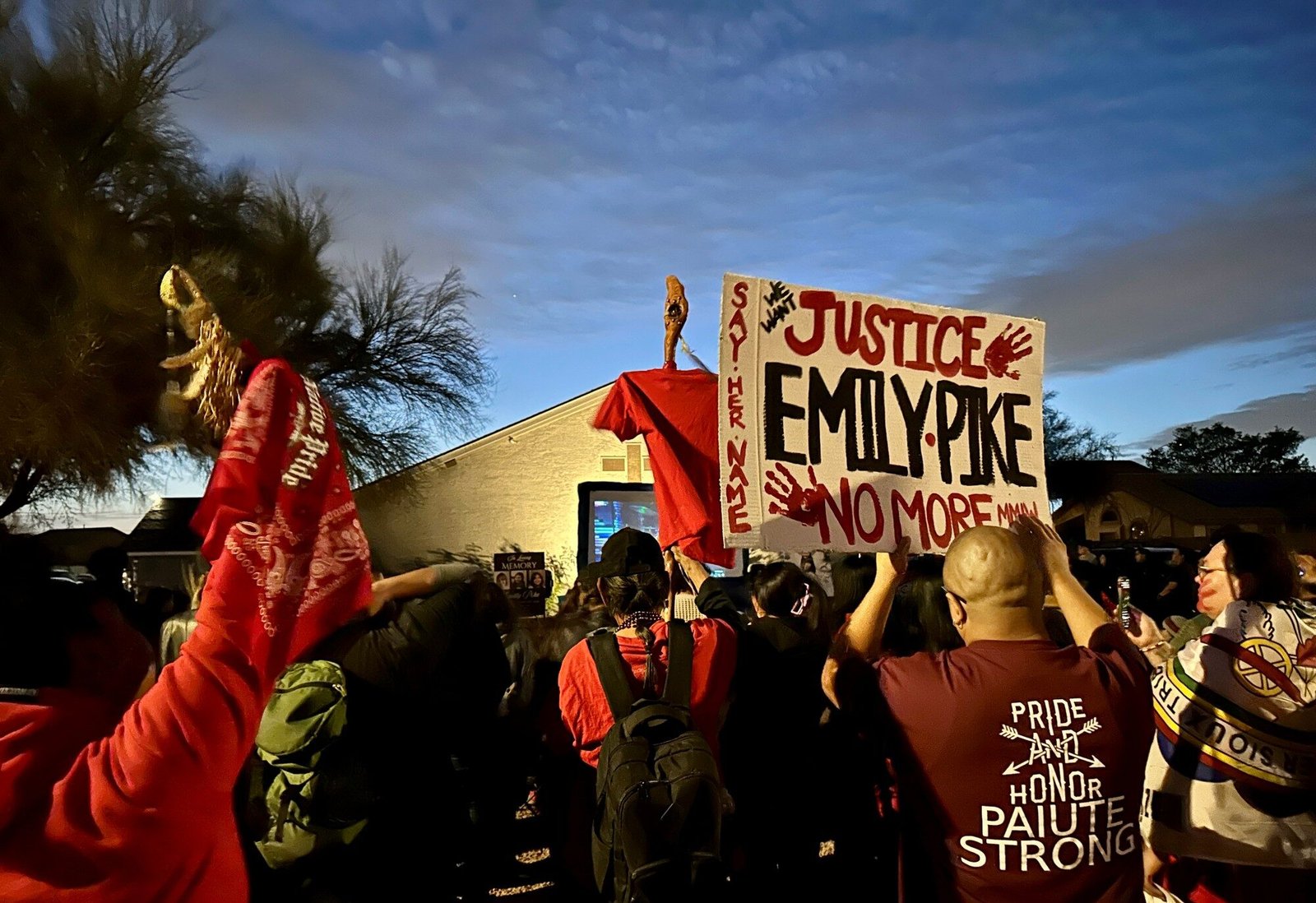New York state’s prison system is dealing with renewed scrutiny following the demise of 22-year-old Messiah Nantwi, who became allegedly beaten to death by guards at Midstate Correctional Facility. Witnesses, such as Nantwi’s cellmate and other incarcerated individuals, have defined a harrowing scene in which a prison emergency response team stormed their mobile and subjected Nantwi to a violent attack that in the end left him lifeless. His loss of life, which befell simply days before his 23rd birthday, marks the second high-profile case of fatal prison violence by state correctional officers in much less than three months.
A System Under Fire
Nantwi’s loss of life comes amid growing unrest within New York’s prison system. Just weeks earlier, any other incarcerated individual, 43-year-old Robert Brooks, died after a violent come upon with guards at a nearby facility. The outcry from those incidents, combined with a recent three-week strike via corrections officials, has exposed deep fractures within the state’s penal institutions.
During the strike, Governor Kathy Hochul deployed the National Guard to manage the prisons. It was during this period of heightened tension that a National Guard member allegedly called in the Correctional Emergency Response Team (CERT) following a minor dispute with Nantwi. Witnesses say the scenario escalated rapidly, culminating in the brutal beating that cost Nantwi his life.
The Beating and Its Aftermath
According to Nantwi’s cellmate, who witnessed the attack, the ordeal commenced when Nantwi, who was off his psychiatric medicine, have become emotional in the morning hours of March 1. After a uneventful verbal exchange with a National Guardsman over the timing of a security count, Nantwi returned to his cell.
Shortly thereafter, a multiple of officials stormed the cell, restrained Nantwi’s cellmate, and launched a violent assault on Nantwi. Witnesses, which includes others housed in the dormitory, say they noticed as many as 15 officials responding to the call for backup. They reportedly pinned Nantwi down, punched and kicked him, struck him with batons, and stomped on his body. His cellmate recalled seeing an officer take a running begin before kicking Nantwi in the face “like he became making a punt in a football game.”
Nantwi’s cries for help have been left out as the officials persevered their assault. Witnesses say he pleaded, “I didn’t do not anything,” and “Stop, you’re actually hurting me,” before his voice dwindled. Even after he stopped moving, the officials persisted to strike him before dragging his unconscious body out of the cell.
The violence did now not end there. Nantwi’s cellmate says he was forced to cleanup the blood before investigators arrived. Later that day, he was removed from Midstate Correctional Facility, allegedly for his own protection, and transferred between several prisons, limiting his ability to communicate with the outside world.
A Troubled History
Nantwi’s existence had been marked by way of trauma. In 2021, he turned into shot 27 times by police in the Bronx all through an stumble upon that left him with post-traumatic stress disorder. His family stated he have become increasingly more paranoid and struggled with mental illness. He had been serving a 5-year sentence on a gun ownership charges while he was killed, and he was still facing pending murder charges in connection to two separate shootings.
His death, however, has sparked outrage beyond the specifics of his case. Advocates and incarcerated individuals alike argue that his killing is emblematic of a broader subculture of abuse and impunity in the nation’s prison system. Accounts of officer “beat-up squads” have circulated for years, with many alleging that guards use excessive force with little worry of effects.
Calls for Justice
Following Nantwi’s dying, fifteen prison staffers were placed on leave, and an research is underway. Onondaga County District Attorney William Fitzpatrick, appointed as special prosecutor, has indicated that his office will present evidence to a grand jury next month.
Advocates are calling for systemic reforms, including more oversight of correctional officers and enforcement of body camera policies. Although New York state requires officials to wear and spark off body cameras at some point of interactions with incarcerated individuals, witnesses say that the guards who beat Nantwi did now not adhere to this policy. One protect who become wearing a body digicam allegedly turned his back to the cell earlier than the assault began.
For many, those failures factor to a want for sweeping modifications in how the prison system operates. Organizations centered on crook justice reform are urging country officials to take decisive movement to cut down violence inside prisons and ensure responsibility for the ones accountable.
Looking Ahead
The case has drawn national attention, with human rights groups, criminal experts, and community activists traumatic justice for Nantwi and broader protections for incarcerated individuals. As New York grapples with the fallout from this tragedy, the final results of the upcoming grand jury court cases may additionally function a litmus check for whether or not the kingdom is inclined to confront the deep-seated problems plaguing its correctional centers.
Meanwhile, Nantwi’s cellmate, no matter fearing retaliation, has vowed to testify about what he witnessed. “I’m doing this for my friend,” he stated.
With mounting strain from advocates and the general public, the hope is that his testimony—and the stories of others who’ve persisted similar abuse—will lead to meaningful trade in a device that has long operated in the shadows.




